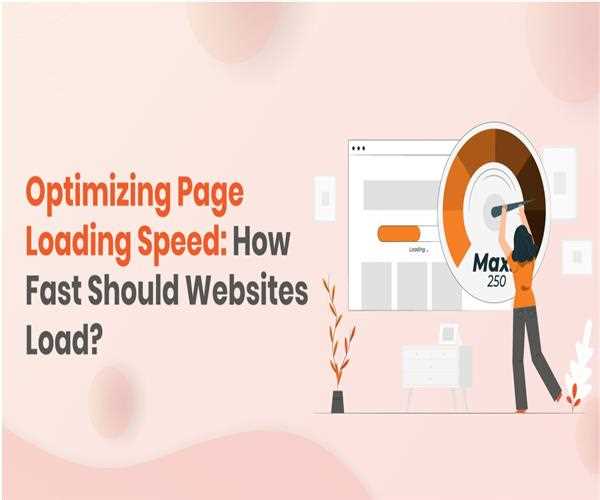Page load timing refers to the time it takes for a web page to fully load and display its content in a user's web browser. It plays a crucial role in the overall user experience and the success of a website. Here are the key reasons why page load timing is of great importance:

User Experience: Page load timing directly impacts the user experience of a website. Research has shown that users have little patience for slow-loading websites. A slow-loading page can frustrate visitors, leading to higher bounce rates and lower engagement. Users expect websites to load quickly and efficiently, and a delay in page load can result in a negative perception of the website and brand.
Retention and Conversion: Slow-loading pages can significantly impact user retention and conversion rates. Users are more likely to abandon a website if it takes too long to load. According to studies, even a one-second delay in page load time can result in a significant drop in conversions. On the other hand, fast-loading websites provide a seamless browsing experience, keeping users engaged and increasing the likelihood of conversions and customer retention.
Search Engine Optimization (SEO): Page load timing is a crucial factor in search engine rankings. Search engines, such as Google, consider page load speed as part of their ranking algorithms. Faster-loading websites tend to rank higher in search engine results, leading to increased organic traffic and visibility. Therefore, optimizing page load time can have a positive impact on a website's SEO efforts, improving its chances of being discovered by potential visitors.
Mobile Experience: With the rise of mobile usage, page load timing has become even more critical. Mobile devices often have slower internet connections compared to desktops or laptops, making fast-loading pages even more important. Mobile users are typically on-the-go and have less patience for slow-loading websites. Optimizing page load time for mobile devices can enhance the mobile user experience and contribute to higher engagement and conversion rates.
User Retention and Engagement: Fast-loading pages not only retain users but also encourage them to explore and engage with the website. When pages load quickly, users can access the desired content more efficiently, resulting in a positive browsing experience. This, in turn, leads to increased engagement, page views, and time spent on the website. Fast-loading pages create a seamless and enjoyable user experience, encouraging users to stay longer and interact more with the site's content and features.